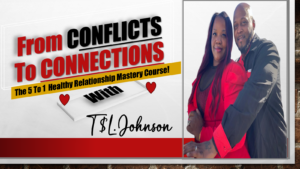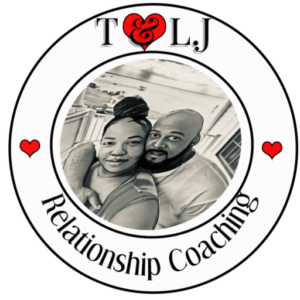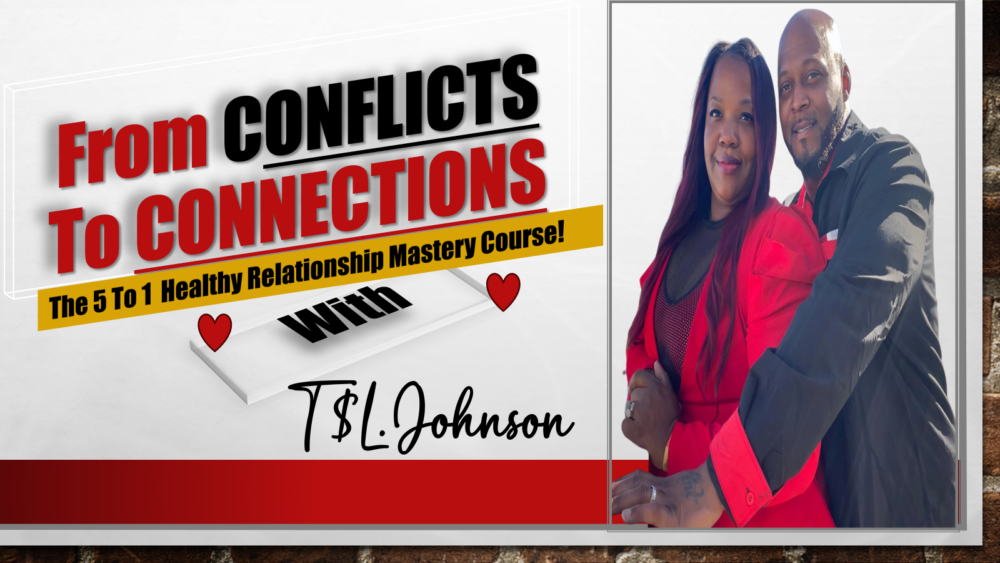Hearing is Passive
Understanding Requires Attention
When I first started navigating deep relationships, I didn’t fully grasp how much of a difference there is between just hearing someone’s words and actually understanding what they mean. Hearing is such a passive activity; we often think we’re being good listeners just by having ears open. But let me tell you, it takes a lot more than that!
In my experience, to truly understand someone, you’ve got to pay attention—not just to their words but to their tone, body language, and even the emotions behind their speech. It’s kind of like watching a movie; you’re not just passively observing, but fully present and engaged. This also involves setting your own thoughts aside and truly focusing on the other person.
So, the next time your partner is sharing something important, actively engage your brain and heart. Don’t just nod along; ask questions that show you’re genuinely invested in their feelings and thoughts. This connection is key to building a stronger love!
Verbal Communication vs. Emotional Communication
Words Can Be Misleading
If there’s one thing I’ve learned, it’s that verbal communication can sometimes be a tricky beast. I once had a misunderstanding with a loved one just because I took their words at face value. They said one thing, but what they truly felt was totally different!
In moments like that, I realized that emotions often speak louder than words. Sometimes the words can be wrapped in sarcasm or insecurity, which can lead to confusion. It’s vital to peel back the layers and really feel what the other person is expressing beyond their words. Understanding the emotional context is crucial.
Next time you’re in a convo and something doesn’t sit right, pause and consider the feelings behind the language. Don’t rush to judgment; instead, ask clarifying questions that probe deeper into the emotions at play. Trust me, it can lead to some eye-opening revelations.
Cognitive Engagement in Discussions
Make Connections
I often find that truly understanding someone involves making connections. It’s not just about hearing their story; it’s about connecting their experiences to yours and trying to see them from their perspective. This cognitive engagement requires effort, but the rewards are so worth it!
What I’ve learned from my relationships is that when you connect your own experiences with what your partner shares, it builds empathy. For example, if your partner is talking about a challenging day at work, recalling a similar time for yourself helps you relate to their feelings better.
Next time you’re discussing something personal, pause to draw parallels to your own life instead of just waiting for your turn to speak. These connections deepen understanding and strengthen bonds—and that’s the foundation for lasting love.
Active Listening vs. Passive Hearing
Create a Safe Space
Active listening has been a game-changer for me. It’s not just about letting someone talk; it’s about creating a safe environment where they feel heard and valued. I can’t emphasize this enough—when you actively listen, you signal that you care!

In my experience, making eye contact, nodding, and even repeating back what the other person has said makes a world of difference. This communicates that you’re not just a passive audience but an engaged partner. And that feeling of being understood can help diffuse tension in conversations.
To foster this atmosphere of openness, I try to eliminate distractions—put down my phone, turn off the TV, and really focus. A small effort on my part can turn a lukewarm conversation into a meaningful dialogue that leaves both people feeling closer.
The Importance of Empathy
Walk a Mile in Their Shoes
Empathy is everything in love. I remember when I was facing tough times; my partner empathized with me, and that made me feel totally supported. It reminded me that love isn’t just about the good times—it’s about being there for each other through thick and thin. Understanding isn’t just about hearing; it’s about feeling!
What I’ve found is that practicing empathy means actively trying to see things from your partner’s perspective. It’s about asking yourself, “How would I feel if I were in their situation?” This can often rewrite the narrative and bring compassion to your conversations.
Next time your partner is upset, try to connect with their feelings instead of just offering quick solutions. Listen, validate their emotions, and let them know it’s okay to feel what they’re feeling. That kind of emotional intelligence can transform your relationship.
FAQs about The Difference Between Hearing and Understanding in Love
1. What is the main difference between hearing and understanding in love?
Hearing is a passive action where you simply listen to words, while understanding requires active engagement and emotional connection to truly grasp what the other person is conveying.
2. Why is emotional communication important?
Emotional communication is crucial because feelings often convey more than words. It helps in understanding the deeper context behind what is being expressed, ensuring clearer and more meaningful connections.
3. How can I practice active listening?
You can practice active listening by eliminating distractions, maintaining eye contact, and providing feedback to show that you understand. Ask clarifying questions to deepen the conversation.
4. Why is empathy essential in relationships?
Empathy builds trust and connection in relationships. It allows partners to feel supported and valued, especially during challenging times.
5. How can I ensure my partner feels understood?
Ensure your partner feels understood by actively listening, validating their feelings, and making connections to their experiences. Emphasize that their emotions are important and worthy of acknowledgment.

Schedule Your First 20-Minute Coaching
Call With Us Today to see if we fit . You pick the price!
Click Here




